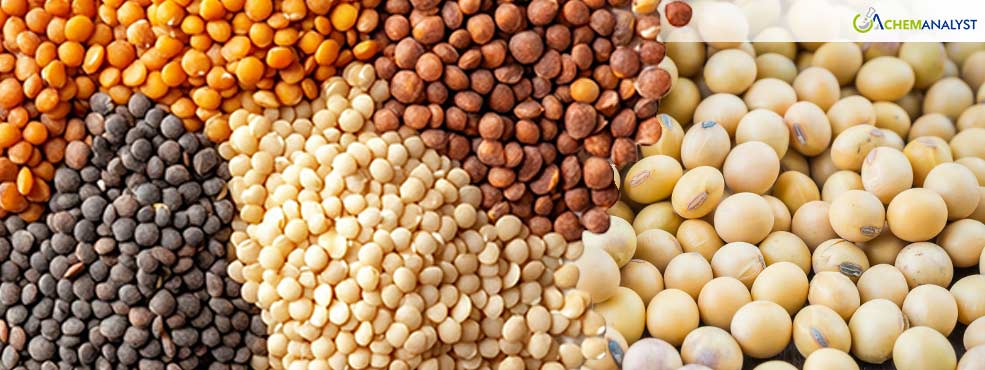Welcome To ChemAnalyst

These extensions acknowledge the specific needs of farmers in these states and provide them with additional time to market their produce effectively.
Key Takeaways:
Indian Union Minister of Agriculture and Farmers’ Welfare, Shivraj Singh Chouhan, has announced significant extensions to the procurement periods for groundnut, soybean, and pulses. These decisions come as part of the broader Pradhan Mantri Annadata Aay SanraksHan Abhiyan (PM-AASHA) scheme, which has been extended until 2025-26.
Recognizing the challenges faced by farmers, the ministry approved an extension of the groundnut procurement period in Gujarat by six days and in Karnataka by a substantial 25 days. Similarly, the procurement period for soybean has been extended in Maharashtra by 24 days and in Telangana by 15 days post the standard 90 days.
This decision follows the successful procurement of 15.73 LMT of groundnut under the Price Support Scheme (PSS) during Kharif 2024-25, benefiting over 475,000 farmers across several states.
This extension comes after the procurement of 19.99 LMT of soybean under the PSS, benefiting more than 846,000 farmers. The government's proactive approach in extending the procurement period beyond the standard 90 days underscores its commitment to ensuring farmers receive adequate support and fair prices for their crops.
To incentivize domestic production and reduce reliance on imports, the procurement of tur, urad, and masur under PSS will be equivalent to 100% of the state's production for the 2024-25 procurement year. This landmark decision, announced in the Budget 2025, will be continued for another four years through Central Nodal Agencies. This move aims to achieve self-sufficiency in pulses, a crucial component of the Indian diet, and provides a major boost to pulse farmers across the country.
The PM-AASHA scheme, comprising the Price Support Scheme (PSS), Price Deficiency Payment Scheme (PDPS), Market Intervention Scheme (MIS), and Price Stabilisation Fund (PSF), plays a critical role in stabilizing agricultural markets and ensuring fair prices for farmers. The PSS, administered by the Department of Agriculture & Farmers’ Welfare, involves the procurement of notified pulses, oilseeds, and copra at the Minimum Support Price (MSP) through central nodal agencies.
We use cookies to deliver the best possible experience on our website. To learn more, visit our Privacy Policy. By continuing to use this site or by closing this box, you consent to our use of cookies. More info.
